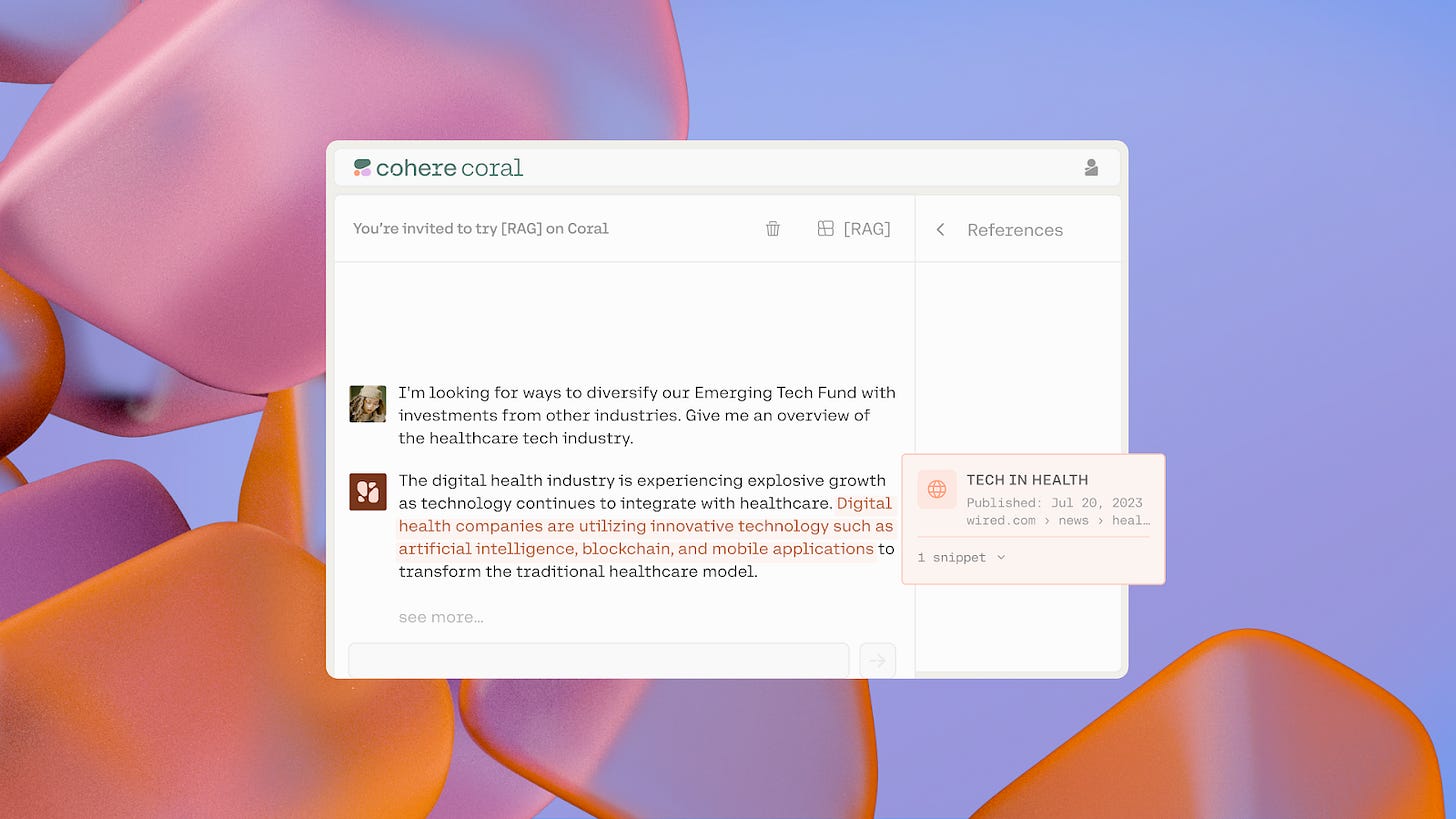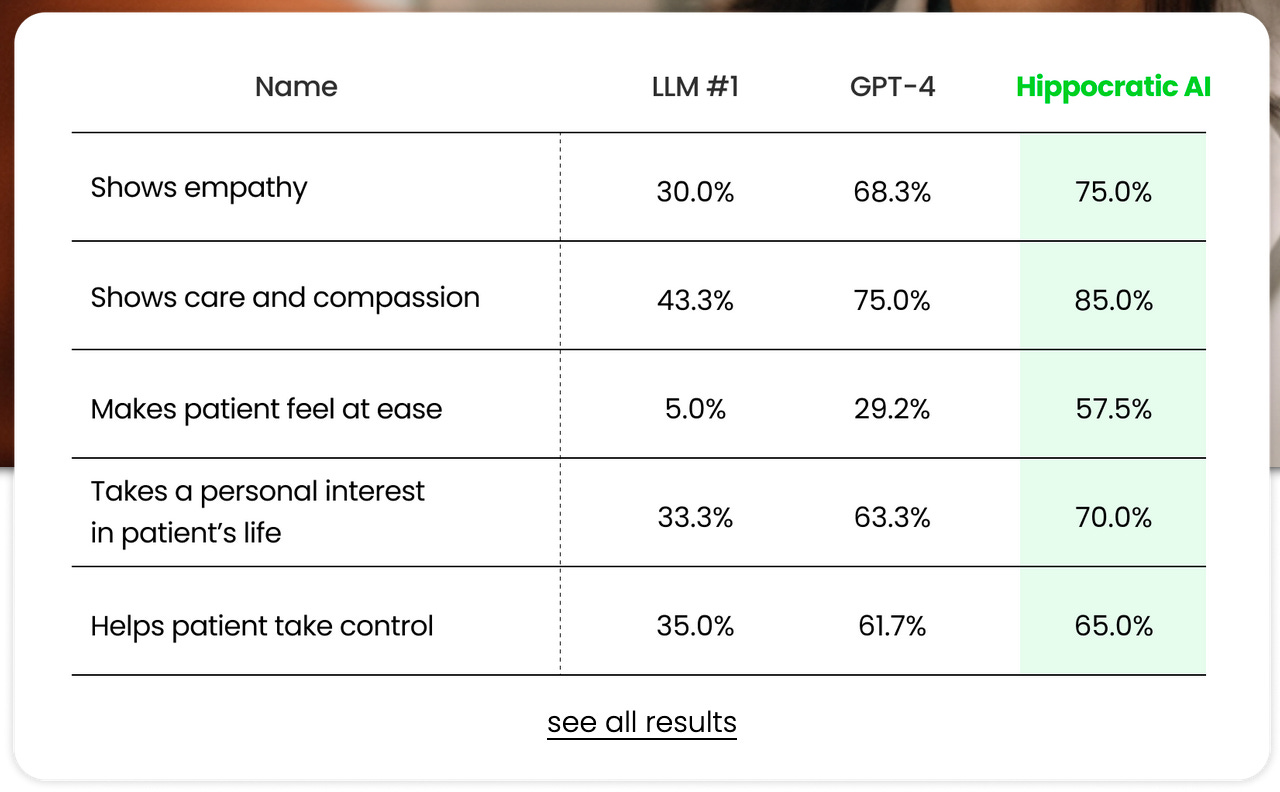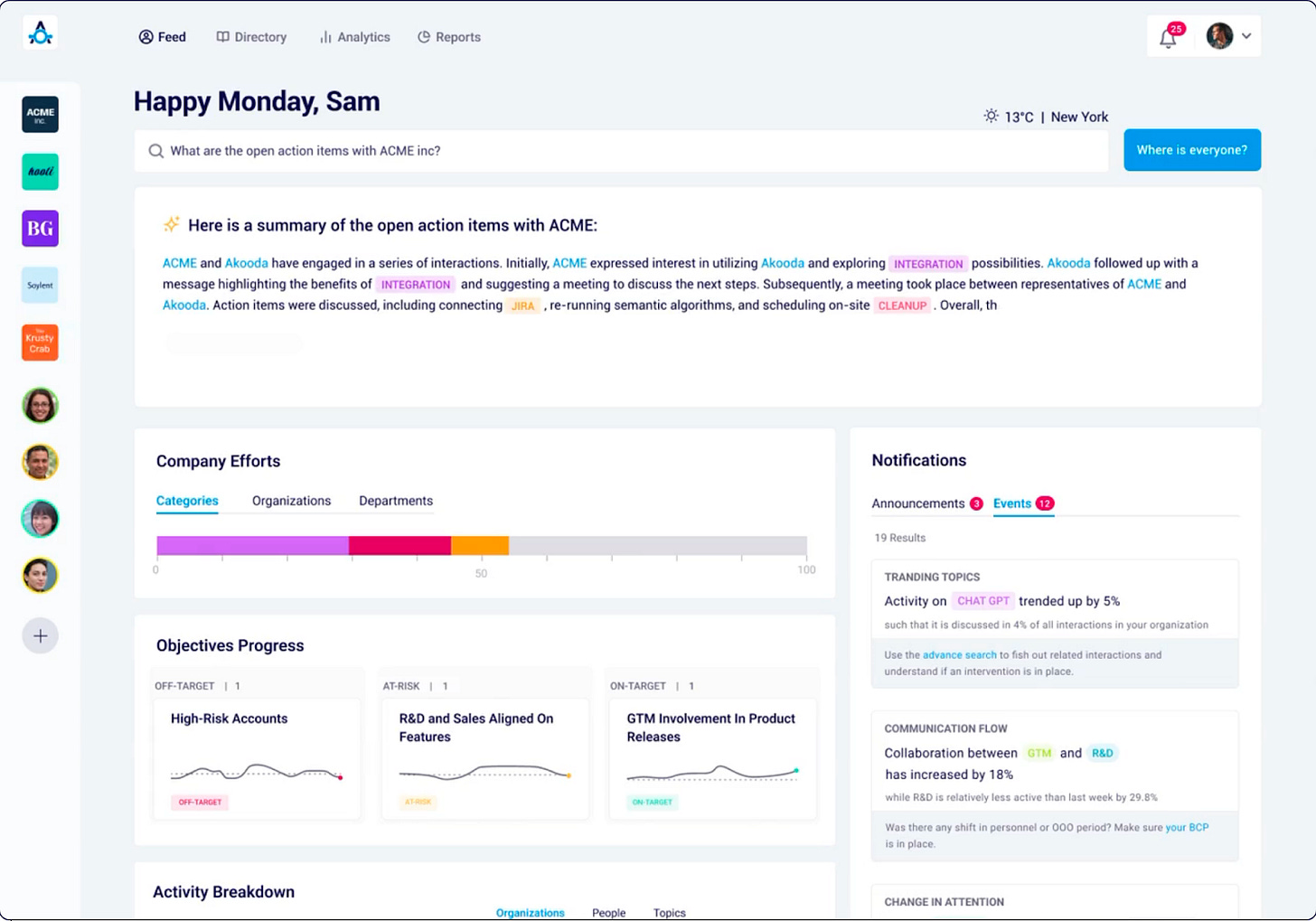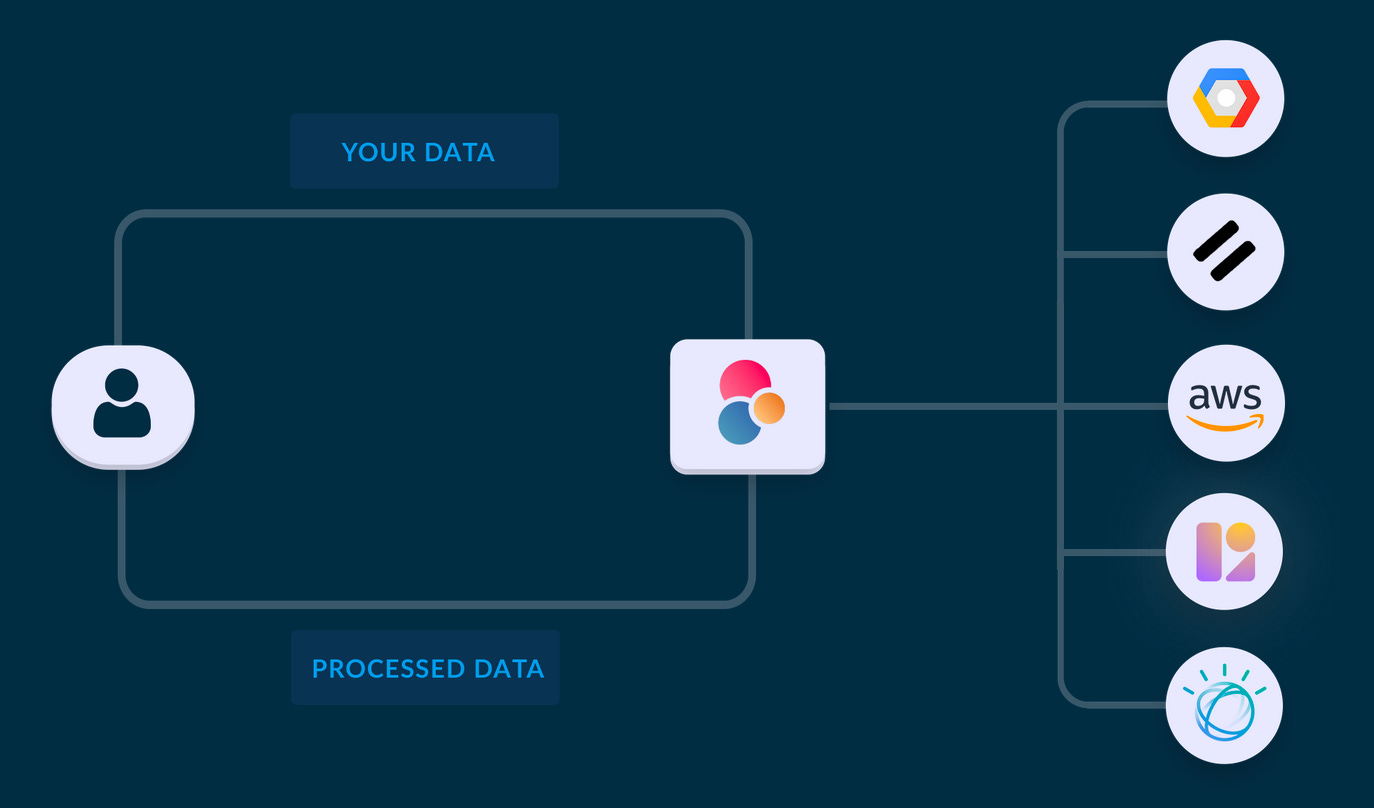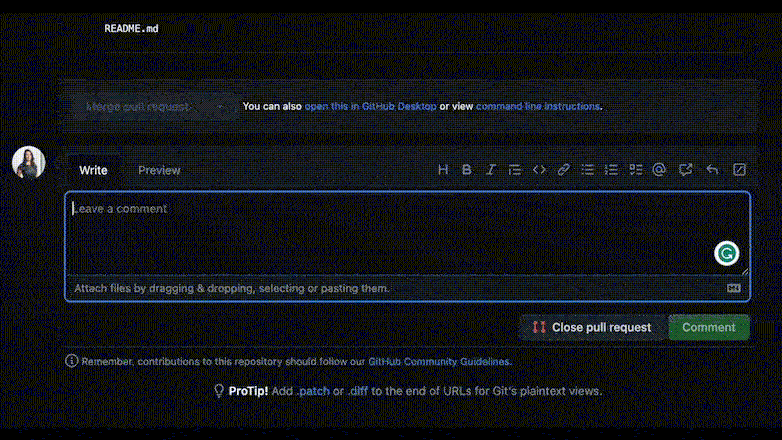Cohere introduces Coral, the business AI for enterprise
⚡ Today’s Highlights
📰 News: Cohere introduces Coral, the business AI for enterprise
💰 Funding: Solink, Hippocratic AI, Akooda, Ubicept, A-Alpha Bio, Mobilo, BioSig AI Sciences
🦾 Tools: This incredible AI platform combines all the top AI APIs into one interface
📰 Today's Top Stories
Introducing Coral, the Knowledge Assistant for Enterprises
(7 min read) (Source: Cohere)
TLDR: Cohere has released "Coral," an AI-powered knowledge assistant designed for enterprise use, providing personalized responses based on proprietary company data.
Coral aims to enhance productivity by allowing workers to ask questions in natural language and receive relevant answers quickly.
The tool mitigates hallucination problems by citing proprietary and publicly available data, ensuring accurate responses.
Coral offers data privacy and security, storing sensitive information in a secure, cloud-agnostic environment.
Companies like Oracle and LivePerson are partnering with Cohere to leverage Coral's generative AI capabilities for improved decision-making and customer experiences.
The Big Picture: The introduction of Coral highlights the increasing adoption of AI-powered chatbots in enterprises to streamline information retrieval, boost productivity, and cater to specific business needs. As AI technology continues to mature, it will reshape various industries, providing tailored, data-driven solutions to optimize workflows and foster growth in the business landscape.
Spotify CEO teases potential AI-powered capabilities surrounding personalization, ads
(5 min read) (Source: TechCrunch)
TLDR: Yesterday, Spotify's CEO Daniel Ek discussed AI-powered features during the second-quarter earnings call, mentioning personalized experiences, podcast summarization, and AI-generated audio ads.
The company is exploring how generative AI can contextualize and personalize content across its platform, including summarizing podcasts for easier discovery.
Spotify is seeking a patent for an AI-powered "text-to-speech synthesis" system, aiming to create natural-sounding speech audio with emotions and intentions.
Much less exciting news: Spotify also revealed a price increase for its premium plans. In the U.S., the individual premium plan will now cost $10.99 per month (previously $9.99). The duo plan will be $14.99 (previously $12.99), and the family plan will be priced at $16.99 (previously $15.99).
The Big Picture: Since the release of its AI DJ earlier this year, Spotify continues leveraging AI to enhance user experiences and streamline advertising on its platform. By using generative AI for personalized content and audio ads, the company aims to boost engagement and growth. It remains to be seen if such innovations maintain Spotify’s competitive edge in the market.
AI mania drives Wall Street to higher close ahead of earnings
(5 min read) (Source: Reuters)
TLDR: The Nasdaq closed higher on Tuesday, driven by investor excitement about artificial intelligence and upcoming earnings reports from tech giants Alphabet and Microsoft, who have launched various AI products.
The Dow rose for the 13th consecutive day, while materials stocks gained due to rising metal prices following political support in China.
A survey revealed that consumer confidence reached its highest point in two years, demonstrating ongoing optimism about the labor market despite concerns surrounding a potential recession.
Tech stocks have rallied this year, partially supported by hopes of an end to the U.S. Federal Reserve's tightening cycle, but concerns linger about interest rate increases affecting tech companies.
Senate imposes new rules on outbound investments into China
(4 min read) (Source: Axios)
TLDR: The Senate passed a bill requiring U.S. investors to inform the Treasury Department of investments in Chinese companies in sectors like artificial intelligence and quantum computing.
This move is part of a broader effort to regulate outbound investment and prevent China's military from gaining a technological advantage over the U.S. and its allies.
President Biden's upcoming executive order will restrict investments in specific technologies, including semiconductors, AI, and quantum computing.
The Big Picture: The U.S. is taking steps to control outbound investment and protect sensitive technologies, reflecting growing concerns over national security and maintaining a technological edge. The legislation and executive order aim to de-risk and diversify the relationship with China while avoiding a complete decoupling from the country.
👀 More Reading:
Twenty years ago, AIM chatbot SmarterChild out-snarked ChatGPT (TechCrunch)
Can AI Replace Actors? Here’s How Digital Double Tech Works (Scientific American)
AI Companies Are Trying to Have It Both Ways (The Atlantic)
ChatGPT is a black box: how AI research can break it open (Nature)
‘A certain danger lurks there’: how the inventor of the first chatbot turned against AI (The Guardian)
💰 Funding Alerts
1. Solink, a physical security company using AI to offer businesses secure, real-time access to security cameras and business intelligence, just raised a $60M Series C.
Their platform combines security feeds with point-of-sale data, using AI to track and identify events like employee actions and customer behavior. It then uploads relevant snippets to the cloud so operators can access them remotely, and sends updates about anomalies and unusual activity.
The round was led by Goldman Sachs Growth Equity (Mike Reilly, VP Growth Equity), alongside OMERS Ventures and BDC IT Ventures.
The investment will fuel global expansion and develop new AI-native products, empowering businesses to detect risks and optimize operations with cloud-managed video surveillance.
2. Hippocratic AI, a generative artificial intelligence company focused on healthcare, raised $15M in funding and formed the Founding Partner Program with 10 leading health systems and digital health companies.
Partners like HonorHealth, UHS, Vital, ELNA Medical, Capsule, SonderMind, and more will guide the development of their safety-focused LLM to increase healthcare access, reduce costs, and empower healthcare professionals.
The funding will be used to build a large language generative AI model for healthcare across various sectors, with initial focus on non-diagnostic, patient-facing applications.
Their partners' expertise and commitment to safety and innovation should help them evaluate the large language models and implement specific use cases.
3. Akooda, an early-stage startup using AI to analyze an organization's internal software stack, raised an $11M Seed round. Their tool enables employees to ask questions about the data it compiles, resulting in a better understanding of operational processes.
The investors included in the round were NFX, Atlassian Ventures, Village Global, and Founder Collective, along with other unnamed angels.
The AI-driven approach reduces the need for tedious meetings and reporting, providing managers with efficient insights into their company's inner workings, improving decision-making processes.
With the funds, Akooda plans to enhance its product by adding an anomaly detection engine to automatically surface potential problems within the organization.
4. Ubicept, a computer vision tech company with a unique approach, raised $8M in funding. Their product utilizes single-photon sensors to enable general-purpose imaging and computer vision applications in challenging environments The result is superior output quality compared to conventional sensors. The perception system can operate in extreme lighting conditions, capture sharp images of high-speed motion, and even "see" around corners.
The round was led by Ubiquity Ventures (Sunil Nagaraj, Founding Partner) and E14 Fund (Habib Haddad, Managing Partner) with participation from Wisconsin Alumni Research Foundation, Phoenix Venture Partners, and several other investors and angel contributors.
The funds will accelerate their efforts to transform how computers 'see' and understand the world using their "count individual photons" approach to computer vision. The investment will be used to expand their team, secure IP rights, and reach more customers across industries.
5. A-Alpha Bio, a synthetic biology and machine learning company, raised $22.4M in Series A2 funding. The investment from Perceptive Advisors, Xontogeny Ventures, Madrona, and Breakout Ventures will be used to enhance their cancer-focused product pipeline for innovative therapeutics.
6. Mobilo, the creator of the smart business card, raised $4.1M in seed funding from Deepwork Capital, TMT Investments, and Dutch angel investors. The AI-driven digital business card aims to revolutionize networking, offering seamless contact sharing, lead generation, and integration with CRMs and other apps.
7. BioSig AI Sciences secured $2.2M in seed funding from its parent company, BioSig Technologies, to advance the development of an AI medical device platform for intracardiac signal visualization.
🦾 Trending Tools
1. Eden AI is a powerful AI integration platform for product builders. It merges all the top AI APIs into one interface so you can gain more flexibility and control.
The idea is that this can help boost accuracy and reduce costs by selecting the perfect AI service for each specific task and use case. They make this easy with centralized usage restrictions and cost monitoring features.
The simplified API and connections to the major no-code tools make integration a breeze, regardless of technical ability. Integrate tools like Hubspot, Zendesk, Slack, Gong, and Salesforce or app builders like Zapier, Make, and Bubble.
2. Magic Clips by Riverside is an AI-powered social clip creator that can save a lot of time for content creation.
It scans recordings to find all the best and share-worthy moments, to easily craft social media clips with captions. This can save content creators hours of manual editing.
By cutting time on content creation, businesses can increase the volume of content to enhance their online presence, spend more time engaging audiences, and drive brand awareness.
Riverside is backed by industry giants like Spotify, Marvel, and Apple.
3. Insight7 is an AI-powered customer intelligence tool that aims to streamline how teams extract actionable insights from customer conversations.
They just released their v2 update, which enhances the project dashboard, integrates with popular feedback channels, and features a revamped user experience.
Users can now visualize the various themes, opportunities, recommendations, and trends from customer feedback within seconds.
It automatically extracts various insights, including pain points, desires, behaviors, motivations, and bugs, along with the corresponding customer quotes.
Integrate with Hubspot, Zendesk, Slack, Gong, Salesforce, Jira, and Asana to connect the insights directly to work management tools, so team members can act quickly on customer intelligence.
This can be a really useful tool for product, marketing, and research teams to boost engagement, retention, acquisition, and revenue by giving teams more access to data-driven decision-making.
4. PR-Agent is an open-source AI tool developed by CodiumAI that transforms the pull request process for developers.
It analyzes pull requests and spits out auto-descriptions, review assistance, Q&A support, and code suggestions.
With various operation options like GitHub Action, CLI, and webhooks, its easy for developers to integrate PR-Agent into their existing setups.



